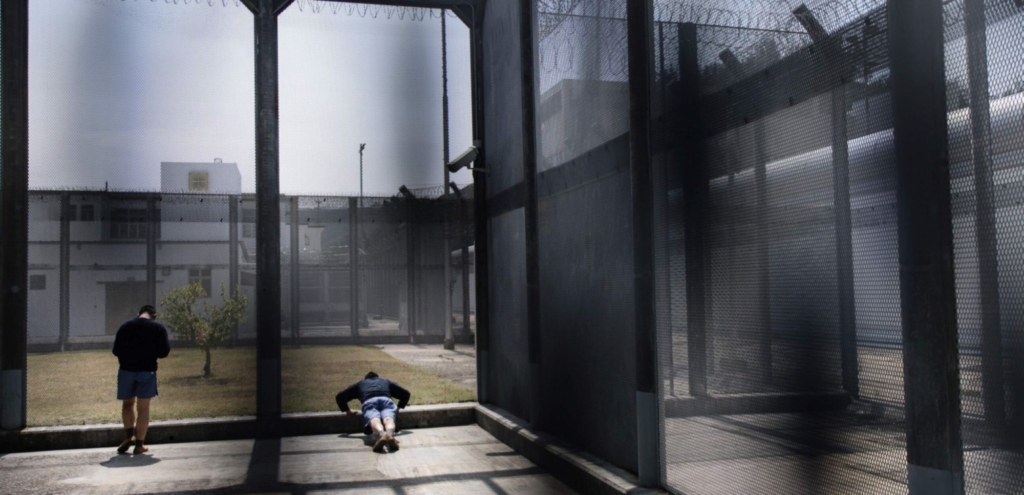“Reconciliation means not having to say sorry twice,” Dr. Cindy Blackstock, First Nations Child and Family Caring Society
Education. Health Care. Child protection.
For years, persistent federal government underfunding of these basic services in First Nations reserves has put children at risk. It has denied them the kinds of opportunities that other young people in Canada often take for granted. And it has stood in the way of First Nations communities healing from the terrible harms inflicted through the residential schools programme and other colonialist policies.
Now, we may be on the verge of an historic breakthrough.
Next Tuesday, January 26, the Canadian Human Rights Tribunal is scheduled to deliver its long-awaited decision on whether or not the federal government’s underfunding of child protections services and other family supports is a form of racial discrimination.
If the Tribunal finds that underfunding of child and family services is racial discrimination, the Tribunal has the power to order the federal government to work with First Nations to set things right. The decision would also have far reaching implications for all the other areas where the federal government provides inadequate and unequal funding for services on reserves.
The timing is also significant.
The reports of the Truth and Reconciliation Commission have brought new public awareness of the need not only to acknowledge the wrongs of the past, but also to stop perpetuating similar harms on current and future generations. The recently elected federal government made a pledge to build a new relationship with Indigenous peoples based on respect for rights. As part of that commitment, the federal government has already said it will lift the long-standing cap on funding increases for First Nations services, which is one of the factors that has contributed to the current problems.
The Tribunal decision also comes just shortly before Have a Heart Day, the annual February 14th day of action. As described by the First Nations Child and Family Caring Society, Have a Heart Day is a child and youth-led reconciliation campaign that brings together caring Canadians to help ensure First Nations children have the services they need to grow up safely at home, get a good education, be healthy, and be proud of who they are.
There are many ways you can take part in and support Have a Heart Day, from organizing or joining a rally in your community to sending a message to the Prime Minister. Now, more than ever, Amnesty International urges its members and supporters to join this important event. Now’s the time to let the federal government more that we expect more for First Nations children and youth.
There are a lot of great resources at the Caring Society website to help you get involved, including Reconciliation is all of us: A simple two-page guide to action
For updates on the Tribunal decision, please watch fnwitness.ca and follow the hashtag #witness4FirstNationsKids




















